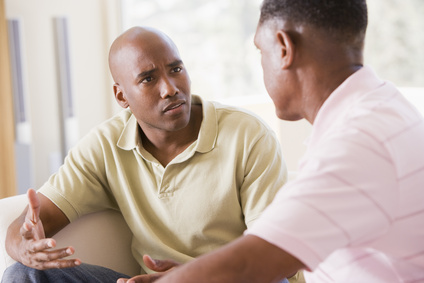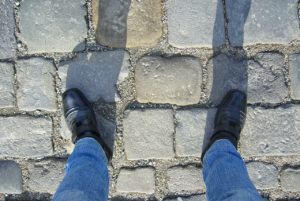- Calls to this hotline are currently being directed to Within Health, Fay or Eating Disorder Solutions
- Representatives are standing by 24/7 to help answer your questions
- All calls are confidential and HIPAA compliant
- There is no obligation or cost to call
- Eating Disorder Hope does not receive any commissions or fees dependent upon which provider you select
- Additional treatment providers are located on our directory or samhsa.gov
Support Group Options For Males Dealing With Body Dysmorphic Disorder

Contributor: Crystal Karges, MS, RDN, IBCLC, Director of Content and Social Media at Eating Disorder Hope/Addiction Hope
Body dysmorphic disorder is a debilitating mental illness that impacts countless of individuals. People who struggle with BDD will typically experience an obsession with a perceived flaw, whether actual or imagined.
This preoccupation with one’s appearance can lead a person towards extreme measures, often taken in attempt to “correct” the flaw. Other individuals who struggle with BDD may find it difficult to carry out day-to-day responsibilities due to the shame, fear, guilt, and/or embarrassment that might be experienced as a result of the perceived flaws related to appearance.
Unique Struggles That Males Face
On the outside, it might appear that a person dealing with BDD is vain or overly concerned about their outward appearance, but this could not be farther from the truth.
BDD is a severe mental illness that impacts both men and women and can create many negative effects if not professionally addressed and treated. Because of the misconceptions that often surround BDD, shame is often associated with this disorder. One of the most common stereotypes about BDD is that this illness is something that only affects women, but this is also untrue.
Men are just as susceptible to developing BDD as women; though often face a unique struggle in connecting to help because of the gender stereotypes that surround this illness. There is also a subtype of BDD that largely affects males, known as muscle dysmorphia.
Whether BDD or muscle dysmorphia, males are equally in need of professional help and treatment to overcome a mental illness that can be
extremely debilitating.
Connecting To Support
Various forms of professional intervention can be h elpful in the treatment of BDD for males, including psychotherapy, medication management, and support groups. Support groups are an especially helpful way to connect with others who can relate to one another and unite on a common experience.
elpful in the treatment of BDD for males, including psychotherapy, medication management, and support groups. Support groups are an especially helpful way to connect with others who can relate to one another and unite on a common experience.
Men dealing with BDD may especially feel alone and isolated in their struggle and connecting to others through a support group can be effective for breaking through shame.
If you or someone you care for has been struggling with BDD, consider connecting with a support group as part of your treatment and recovery. The Body Dysmorphic Disorder Foundation is a helpful resource that can be used to find support groups specific for the BDD sufferer, including males and females alike.
Community Discussion – Share Your Thoughts Here!
How have support groups been helpful to you in recovery from body dysmorphic disorder?
 About the Author: Crystal is a Masters-level Registered Dietitian Nutritionist (RDN) with a specialty focus in eating disorders, maternal/child health and wellness, and intuitive eating. Combining clinical experience with a love of social media and writing, Crystal serves as the Special Projects Coordinator for Eating Disorder Hope/Addiction Hope, where her passion to help others find recovery and healing is integrated into each part of her work.
About the Author: Crystal is a Masters-level Registered Dietitian Nutritionist (RDN) with a specialty focus in eating disorders, maternal/child health and wellness, and intuitive eating. Combining clinical experience with a love of social media and writing, Crystal serves as the Special Projects Coordinator for Eating Disorder Hope/Addiction Hope, where her passion to help others find recovery and healing is integrated into each part of her work.
As a Certified Intuitive Eating Counselor, Crystal has dedicated her career to helping others establish a healthy relationship with food and body through her work with EDH/AH and nutrition private practice.
The opinions and views of our guest contributors are shared to provide a broad perspective of eating disorders. These are not necessarily the views of Eating Disorder Hope, but an effort to offer discussion of various issues by different concerned individuals.
We at Eating Disorder Hope understand that eating disorders result from a combination of environmental and genetic factors. If you or a loved one are suffering from an eating disorder, please know that there is hope for you, and seek immediate professional help.
Last Updated & Reviewed By: Jacquelyn Ekern, MS, LPC on August 14, 2016
Published on EatingDisorderHope.com

The EatingDisorderHope.com editorial team comprises experienced writers, editors, and medical reviewers specializing in eating disorders, treatment, and mental and behavioral health.

